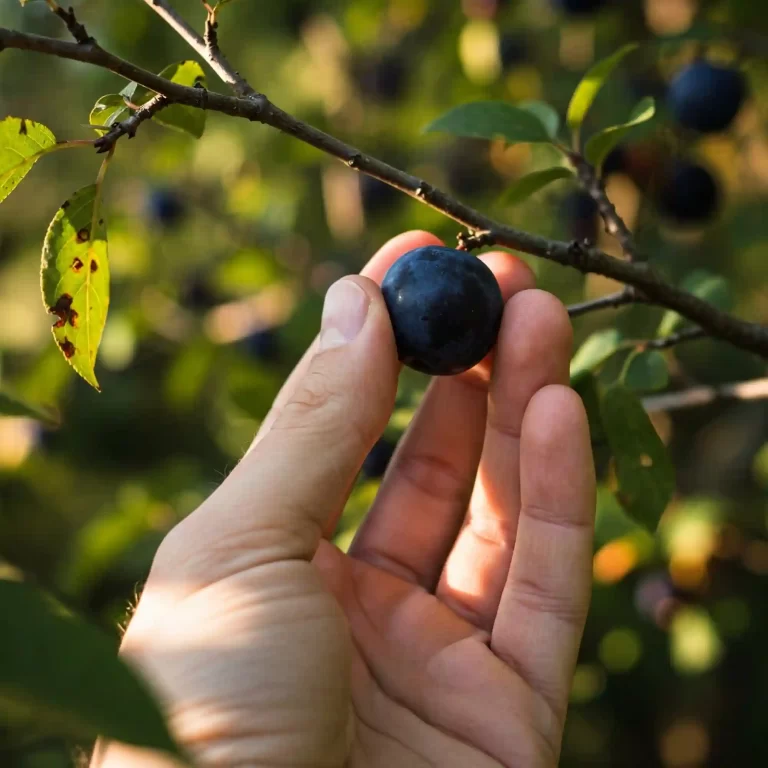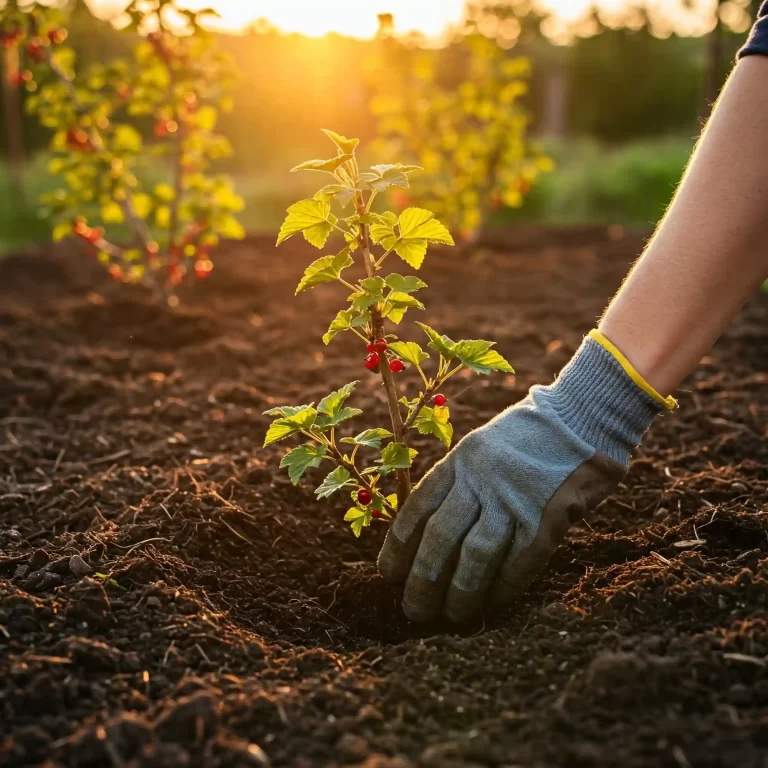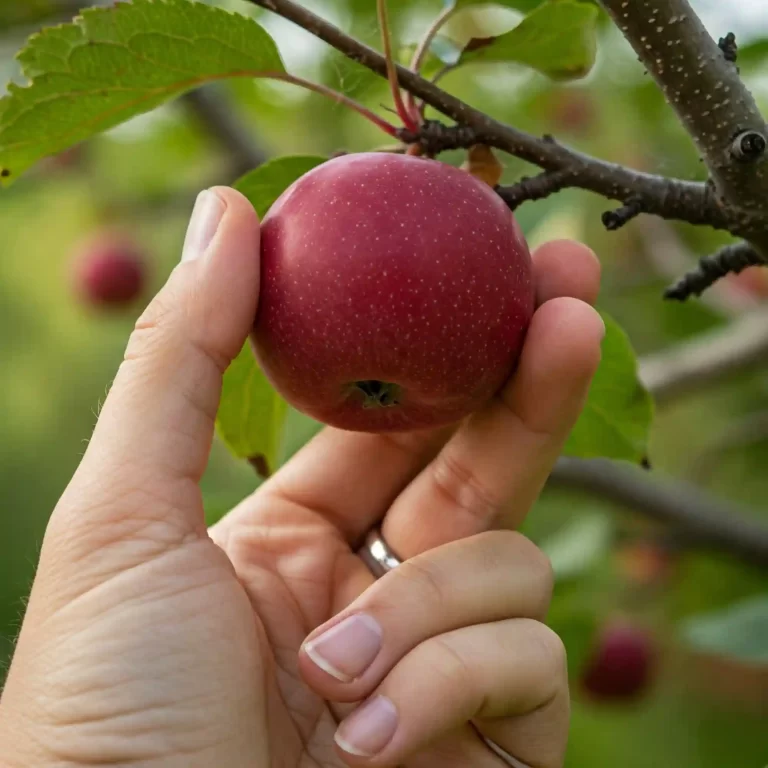Have you ever felt overwhelmed by the sheer amount of gardening information available online? You want to create a beautiful, thriving garden, but you’re not sure where to start or which advice to follow. It’s frustrating to spend hours researching only to end up with conflicting information and no clear path forward.
This confusion can lead to wasted time, money, and effort. You might buy the wrong plants, use incorrect techniques, or miss out on essential gardening practices. The dream of a lush, vibrant garden seems out of reach, and the joy of gardening turns into a source of stress.
The good news is that online gardening courses can provide you with structured, expert guidance tailored to your needs. These courses offer comprehensive lessons, practical tips, and the support you need to transform your garden into a flourishing oasis. Let’s explore why online gardening courses are the perfect solution for gardeners like you.
Why Choose Online Gardening Courses?
Gardening is a rewarding hobby that brings joy, relaxation, and a sense of accomplishment. However, it can also be challenging, especially if you’re just starting out or looking to expand your skills. Online gardening courses offer a flexible and convenient way to learn from experts, access valuable resources, and connect with a community of fellow gardeners. Here’s why you should consider enrolling in an online gardening course:
Flexibility and Convenience
One of the biggest advantages of online gardening courses is the flexibility they offer. You can learn at your own pace, on your own schedule, and from the comfort of your home. This is particularly beneficial for busy individuals who may not have the time to attend in-person classes. Whether you’re a full-time professional, a stay-at-home parent, or someone with a hectic lifestyle, online courses allow you to fit learning into your routine.
Access to Expert Knowledge and Resources
Online gardening courses are often taught by experienced horticulturists, landscape designers, and gardening enthusiasts who have a wealth of knowledge to share. These experts provide detailed lessons, practical tips, and insider secrets that you might not find in books or free online resources. Additionally, many courses offer downloadable materials, video tutorials, and interactive elements that enhance the learning experience.
Cost-Effectiveness
Compared to in-person classes or hiring a personal gardening coach, online courses are generally more affordable. Many platforms offer a range of pricing options, from free introductory courses to more comprehensive paid programs. This makes it easier to find a course that fits your budget while still providing high-quality education.
Types of Online Gardening Courses Available
There’s a wide variety of online gardening courses available, catering to different interests, skill levels, and gardening styles. Here are some of the most popular types of courses you can find:
Organic Gardening Courses
Organic gardening focuses on growing plants without synthetic fertilizers, pesticides, or genetically modified organisms (GMOs). These courses teach you how to create a healthy, sustainable garden using natural methods. You’ll learn about soil health, composting, pest control, and more.
Benefits of Organic Gardening:
- Healthier plants and produce.
- Reduced environmental impact.
- Improved soil fertility and biodiversity.
Popular Online Courses for Organic Gardening:
- “Organic Gardening for Beginners” by Udemy.
- “Introduction to Organic Gardening” by Coursera.
- “Master Organic Gardening” by Skillshare.
Vegetable Gardening Courses
Growing your own vegetables is a rewarding way to ensure you have fresh, healthy produce right at your doorstep. Vegetable gardening courses cover everything from planning your garden layout to harvesting your crops.
Tips for Growing Your Own Vegetables:
- Choose the right location with adequate sunlight.
- Select vegetables that are suitable for your climate.
- Practice crop rotation to maintain soil health.
Recommended Courses for Vegetable Gardening:
- “Vegetable Gardening: Innovative Small-Space Solutions” by Jodi Torpey.
- “Grow Your Own Vegetables” by The Great Courses.
- “Vegetable Gardening for Beginners” by Udemy.
Landscape Design Courses
If you’re interested in creating a beautiful, functional outdoor space, landscape design courses are a great option. These courses teach you the principles of design, plant selection, and garden planning.
Basics of Landscape Design:
- Understanding the elements of design (line, form, texture, color).
- Creating a cohesive garden plan.
- Selecting plants that complement each other and thrive in your environment.
Top Online Courses for Landscape Design:
- “Landscape Design Basics” by Alison.
- “Garden Design and Maintenance” by Learning with Experts.
- “Landscape Design: The Basics” by Udemy.
Urban Gardening Courses
Urban gardening is all about making the most of limited space in city environments. These courses provide creative solutions for growing plants in small spaces, such as balconies, rooftops, and windowsills.
Challenges and Solutions for Urban Gardening:
- Limited space: Use vertical gardening techniques and container gardening.
- Lack of sunlight: Choose shade-tolerant plants and use reflective surfaces to maximize light.
- Soil quality: Use high-quality potting mix and consider hydroponic systems.
Best Courses for Urban Gardeners:
- “Urban Gardening for Beginners” by Udemy.
- “City Gardening: Grow Your Own Food” by Skillshare.
- “Urban Gardening: Growing Food in Small Spaces” by Coursera.
Specialized Gardening Courses
For those looking to delve deeper into specific areas of gardening, there are specialized courses available. These might include topics like hydroponics, permaculture, or bonsai cultivation.
Courses on Hydroponics, Permaculture, and More:
- “Hydroponic Gardening: Growing Without Soil” by Udemy.
- “Introduction to Permaculture” by Oregon State University.
- “Bonsai Basics: Creating Miniature Trees” by Skillshare.
Where to Find These Specialized Courses:
- Online learning platforms like Udemy, Coursera, and Skillshare.
- Gardening websites and forums.
- University extension programs.
How to Choose the Right Online Gardening Course
With so many options available, it can be challenging to choose the right online gardening course. Here are some tips to help you make an informed decision:
Assessing Your Gardening Goals
Before enrolling in a course, it’s important to identify your gardening goals. Are you looking to start a vegetable garden, improve your landscape design skills, or learn about organic gardening? Understanding your objectives will help you choose a course that aligns with your interests and needs.
Identifying What You Want to Achieve:
- Determine the type of garden you want to create (e.g., vegetable, flower, herb).
- Consider your current skill level and what you hope to learn.
- Think about any specific challenges you’re facing in your garden.
Matching Courses to Your Goals:
- Look for courses that cover the topics you’re interested in.
- Check the course syllabus to ensure it includes the information you need.
- Read reviews and testimonials from other students to gauge the course’s effectiveness.
Evaluating Course Content and Structure
The content and structure of a course are crucial factors to consider. A well-organized course with clear, comprehensive lessons will provide a better learning experience.
What to Look for in a Course Syllabus:
- Detailed lesson plans that cover a range of topics.
- Practical tutorials and assignments that allow you to apply what you’ve learned.
- Access to additional resources, such as videos, articles, and forums.
Importance of Practical Tutorials and Assignments:
- Hands-on activities help reinforce learning and build confidence.
- Assignments provide an opportunity to practice new skills and receive feedback.
- Practical tutorials can include step-by-step guides, video demonstrations, and interactive elements.
Considering Instructor Expertise
The expertise of the instructor can greatly impact the quality of the course. Look for courses taught by experienced gardeners, horticulturists, or landscape designers.
Checking Instructor Qualifications and Experience:
- Research the instructor’s background and credentials.
- Look for instructors who have published books, articles, or research in the field.
- Consider the instructor’s teaching style and whether it aligns with your learning preferences.
Reading Reviews and Testimonials:
- Reviews from other students can provide valuable insights into the course’s strengths and weaknesses.
- Look for feedback on the instructor’s knowledge, teaching style, and responsiveness to questions.
- Testimonials can highlight the practical benefits and outcomes of the course.
Budget and Time Commitment
Online gardening courses vary in cost and duration, so it’s important to choose one that fits your budget and schedule.
Comparing Course Costs:
- Free courses: Many platforms offer free introductory courses that provide a basic overview of gardening topics.
- Paid courses: These typically offer more in-depth content, additional resources, and personalized support. Prices can range from $20 to several hundred dollars, depending on the course’s length and complexity.
Understanding the Time Required for Completion:
- Short courses: These can be completed in a few hours or days and are ideal for quick learning.
- Long-term courses: These may span several weeks or months and provide a more comprehensive education. Consider your availability and how much time you can dedicate to the course each week.
Top Online Gardening Courses for 2025
To help you get started, here are some of the top online gardening courses available in 2025. These courses cover a range of topics and skill levels, ensuring there’s something for everyone.
Ron Finley Teaches Gardening (MasterClass)
Overview and Key Takeaways:
- Learn from the “Gangsta Gardener” himself, Ron Finley.
- Focus on urban gardening and transforming small spaces.
- Practical tips for growing food in containers and raised beds.
Who This Course is Best For:
- Urban gardeners looking to maximize their space.
- Beginners who want to learn the basics of gardening.
- Anyone interested in sustainable and community gardening.
The Science of Gardening by Dr. Linda Chalker-Scott
Course Highlights and Benefits:
- In-depth exploration of the scientific principles behind gardening.
- Focus on soil health, plant physiology, and sustainable practices.
- Practical advice backed by research and real-world examples.
Ideal Audience for This Course:
- Gardeners who want to understand the science behind their practices.
- Intermediate to advanced gardeners looking to deepen their knowledge.
- Anyone interested in sustainable and environmentally friendly gardening techniques.
How to Grow Anything by Melinda Myers
Main Features and Learning Outcomes:
- Comprehensive guide to creating a beautiful garden, regardless of space or experience level.
- Step-by-step instructions for planting, maintaining, and harvesting a variety of plants.
- Tips for troubleshooting common gardening problems.
Suitability for Different Skill Levels:
- Beginners who need a solid foundation in gardening basics.
- Experienced gardeners looking for new ideas and techniques.
- Homeowners wanting to enhance their outdoor spaces.
Organic Gardening by Chrys Gardener
Course Content and Structure:
- Detailed lessons on organic gardening principles and practices.
- Focus on soil health, composting, and natural pest control.
- Interactive elements, including quizzes and practical assignments.
Best Practices Taught in the Course:
- How to create and maintain healthy soil using organic methods.
- Techniques for composting and recycling garden waste.
- Natural ways to control pests and diseases without chemicals.
Vegetable Gardening by Jodi Torpey
Innovative Techniques Covered:
- Creative solutions for growing vegetables in small spaces.
- Tips for maximizing yield and extending the growing season.
- Strategies for dealing with common vegetable gardening challenges.
Who Should Take This Course:
- Urban gardeners with limited space.
- Beginners looking to start their first vegetable garden.
- Experienced gardeners seeking new techniques and ideas.
Benefits of Taking Online Gardening Courses
Enrolling in an online gardening course offers numerous benefits that can enhance your gardening experience and help you achieve your goals. Here are some of the key advantages:
Improved Gardening Skills
Online gardening courses provide structured, expert-led instruction that can significantly improve your gardening skills. You’ll learn practical techniques that you can apply immediately, leading to healthier plants and more successful gardens.
Practical Skills You Can Apply Immediately:
- Proper planting techniques to ensure healthy growth.
- Effective watering and fertilization methods.
- Pest and disease management strategies.
Long-Term Benefits for Your Garden:
- Increased productivity and yield from your plants.
- Enhanced soil health and fertility.
- Greater resilience to pests and environmental stresses.
Community and Support
Many online gardening courses include access to a community of fellow gardeners. This can be a valuable resource for sharing tips, asking questions, and finding inspiration.
Access to Gardening Communities and Forums:
- Join discussions with other students and instructors.
- Share your progress and get feedback on your garden.
- Find support and encouragement from like-minded individuals.
Networking with Fellow Gardeners:
- Connect with gardeners from around the world.
- Exchange ideas and experiences.
- Build lasting friendships and professional relationships.
Personal Satisfaction and Well-Being
Gardening is known to have numerous mental and physical health benefits. Taking an online gardening course can enhance these benefits by providing you with the knowledge and confidence to succeed.
Mental and Physical Health Benefits of Gardening:
- Reduced stress and anxiety through regular interaction with nature.
- Improved physical fitness from gardening activities.
- Enhanced mood and sense of well-being.
Sense of Accomplishment from Growing Your Own Plants:
- Pride in creating a beautiful and productive garden.
- Satisfaction from harvesting your own fruits, vegetables, and flowers.
- Joy from seeing your hard work come to fruition.
FAQs About Online Gardening Courses
To help you make an informed decision, here are answers to some frequently asked questions about online gardening courses:
What are the best online gardening courses for beginners?
Recommendations and Why They Are Suitable for Beginners:
- “Organic Gardening for Beginners” by Udemy: Covers the basics of organic gardening, making it ideal for those new to the practice.
- “Vegetable Gardening for Beginners” by Udemy: Focuses on starting a vegetable garden, perfect for first-time gardeners.
- “Urban Gardening for Beginners” by Udemy: Provides practical tips for gardening in small spaces, suitable for urban dwellers.
Are online gardening courses worth the investment?
Cost-Benefit Analysis and Potential Returns:
- Online courses are generally more affordable than in-person classes.
- The knowledge and skills gained can lead to long-term savings on gardening supplies and increased productivity.
- Access to expert advice and resources can prevent costly mistakes and improve garden success.
How do I find free online gardening courses?
Resources and Platforms Offering Free Courses:
- Coursera: Offers free courses from universities and institutions.
- Skillshare: Provides a selection of free gardening classes.
- YouTube: Features numerous free tutorials and gardening channels.
Can I get a certification from online gardening courses?
Information on Certification and Its Value:
- Many online courses offer certificates of completion, which can be a valuable addition to your resume or portfolio.
- Certification can demonstrate your commitment to learning and improving your gardening skills.
- Some courses provide accredited certifications that are recognized by professional organizations.
How much time do I need to dedicate to an online gardening course?
Typical Time Commitments and Flexibility:
- Short courses: Can be completed in a few hours or days, ideal for quick learning.
- Long-term courses: May require several weeks or months, providing a more comprehensive education.
- Flexible scheduling: Most online courses allow you to learn at your own pace, fitting into your schedule as needed.
Conclusion
Taking an online gardening course can be a transformative experience, providing you with the knowledge, skills, and confidence to create a thriving garden. Whether you’re a beginner looking to learn the basics or an experienced gardener seeking new techniques, there’s an online course that can help you achieve your goals. By investing in your gardening education, you’ll not only improve your garden but also enhance your overall well-being and satisfaction. So why wait? Start exploring the world of online gardening courses today and take the first step towards a greener, more beautiful future.



